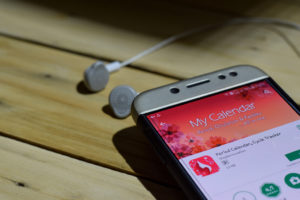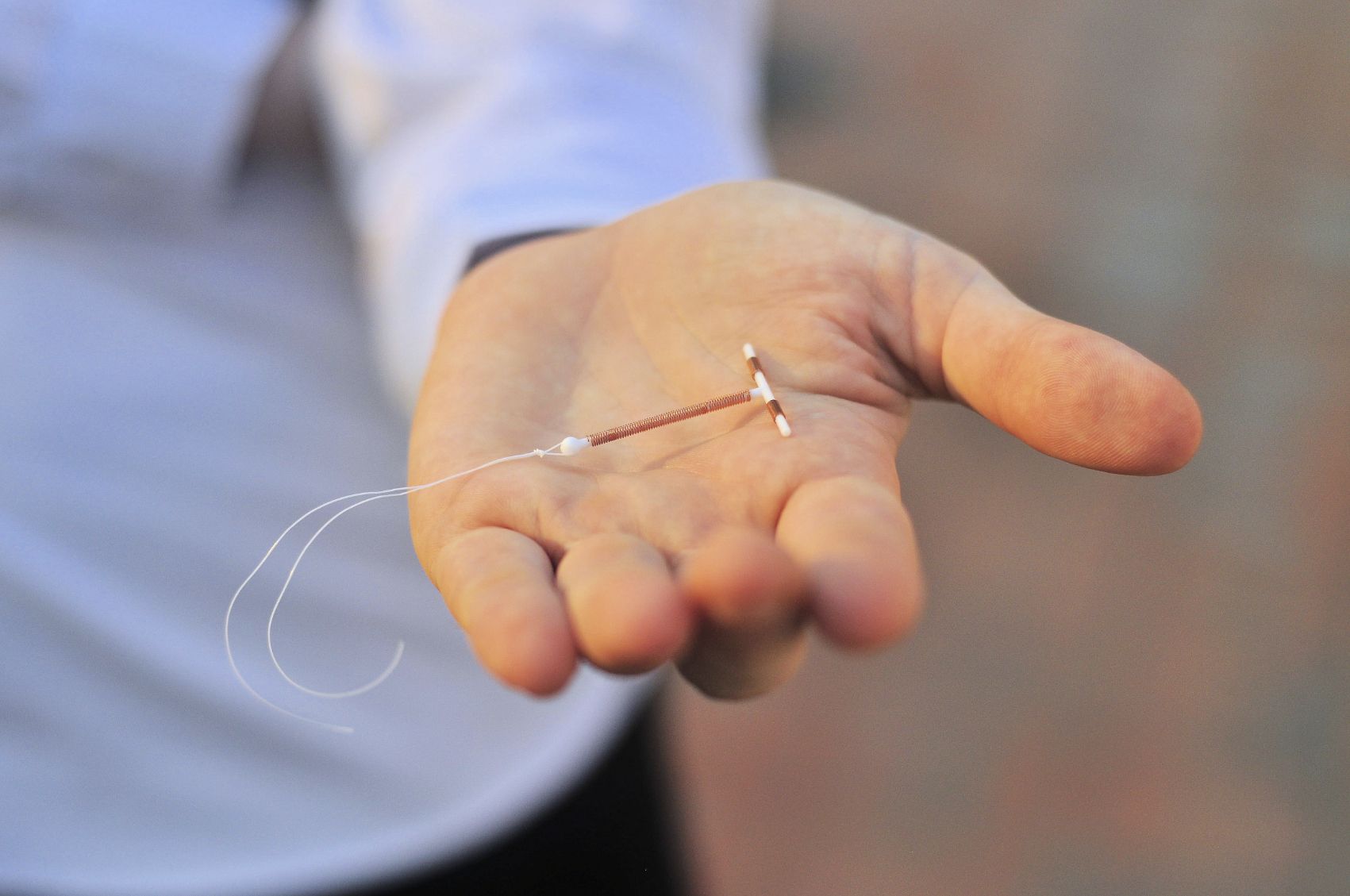
Apps are getting up close and personal these days.
They’ve moved far beyond tracking our exercise output and heart rate to now evaluating everything from sleep patterns to moods and periods. Yup, periods.
As women embrace technology and connect with their bodies in an empowering way, they’re seeking to conquer the mystery of their unique ovulation and menstrual cycles.
The apps, which have fun names such as Clue, Eve, Flo and Glow, are catching the attention of obstetricians and gynecologists.
“It’s something we have started to ask our patients about due to the increase in prevalence,” noted Kristina Mixer, MD, an obstetrican and gynecologist at Spectrum Health United Hospital.
Providing data about the number of days of each individual’s cycle, and predicting times when the app user is most likely to be fertile, the apps can be powerful tools for their patients.
“Millennials are obviously tech-savvy and these apps are a great way to monitor their cycles from month to month,” said Lindsay Snyder, MD, an obstetrician and gynecologist with Spectrum Health. “They can help women become aware of changes in their mood or if they are skipping periods or having irregular cycles. Knowledge is power and being more aware of your body and its rhythms is always a good thing.”
Still, the doctors encouraged app users to not rely on the apps for birth control planning as they are not exact.
“We have noticed that our patients use period trackers much more regularly these days and sometimes in conjunction with natural family planning, which is avoiding intercourse during the timeframe when they are most likely to become pregnant,” Dr. Mixer said. “I advise my patients of the risk of unwanted pregnancy due to irregularities in cycle and ovulation and educate them on the other options for contraception that are available to them. Multiple studies have shown that you are over 20% more likely to have an unwanted pregnancy using period tracking alone.”
She suggests patient should discuss the app tracker results and contraception options with their provider so they can be confident in their decisions.
Dr. Snyder also said it’s good to recognize the apps are not flawless. While they may be able to give users an idea of how long or short their cycle will be, how heavy or light their flow might be, or when they may be most fertile, they aren’t exact.
“Assuming you have a standard cycle of between 26 and 32 days, your best chances of getting pregnant are between days 8-19,” she said. “This does not necessarily predict your odds of getting pregnant, however, as many other factors—such as abnormal or low sperm count and female structural issues—may also impact fertility.”
She said she tailors her counseling on an individual’s desires, personal beliefs and their short- or long-term goals for either planning or avoiding a pregnancy.
“For some patients, usually for medical or religious reasons, tracking their cycle and avoiding intercourse during key times is preferable to using a hormonal or barrier method,” Dr. Snyder said. “For this subset of patients, fertility awareness methods, including cycle tracking, may be a good option.”
Those who seek to avoid pregnancy by cycle tracking, however, should be aware that 12-24% of women will become pregnant using this avoidance method in a year. Alternatively, IUDs or implants have a failure rate of 0.05-0.8% in the same year, with birth control pills failing for 9% of women.
“I always mention to patients that apart from condoms, none of these methods is protective against STDs,” she further cautioned.
 /a>
/a>
 /a>
/a>
 /a>
/a>